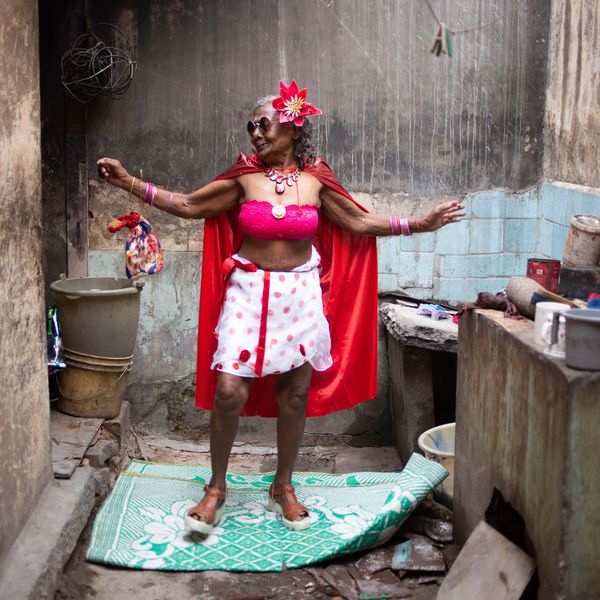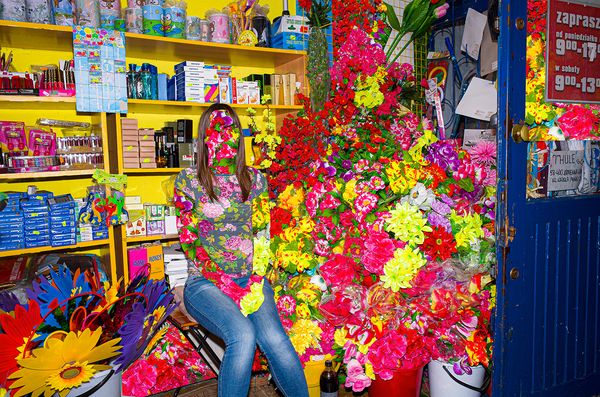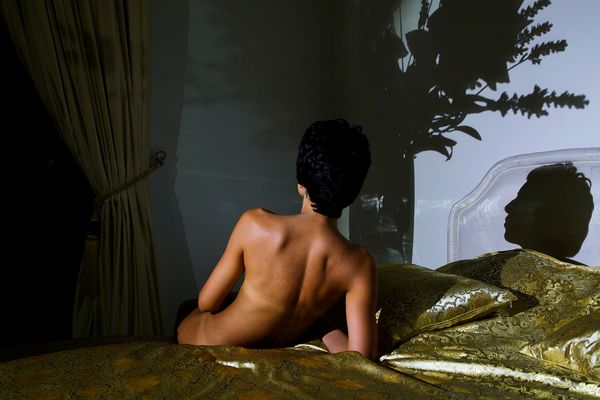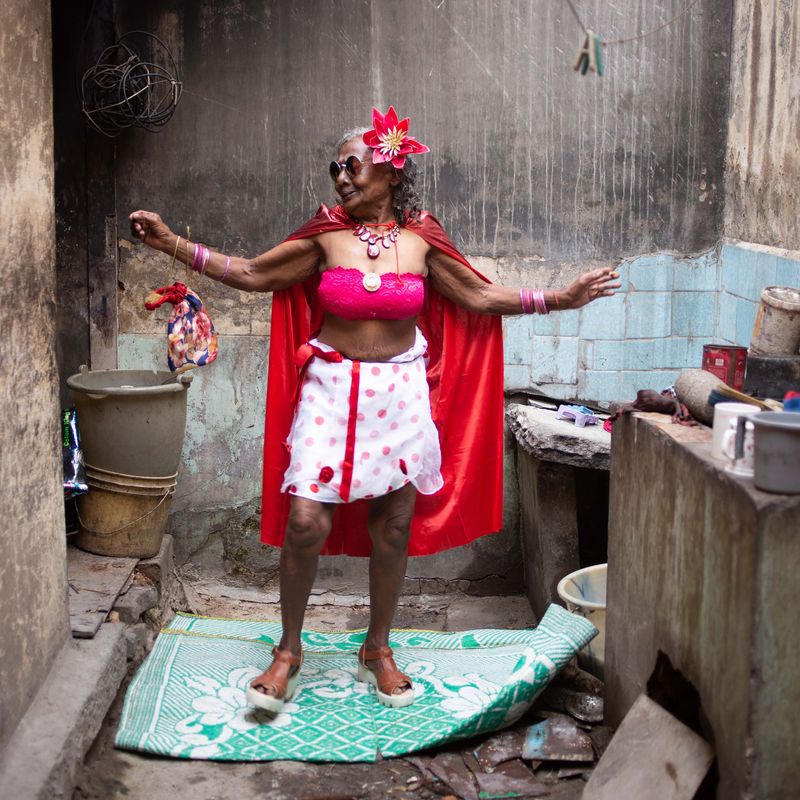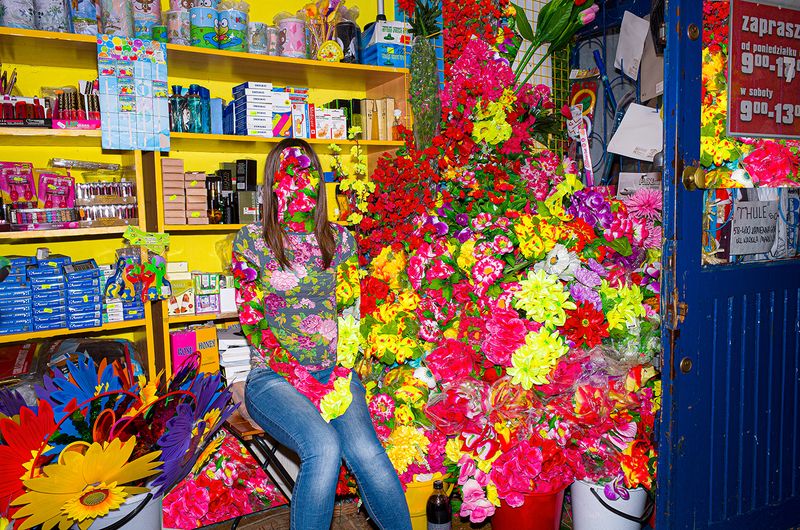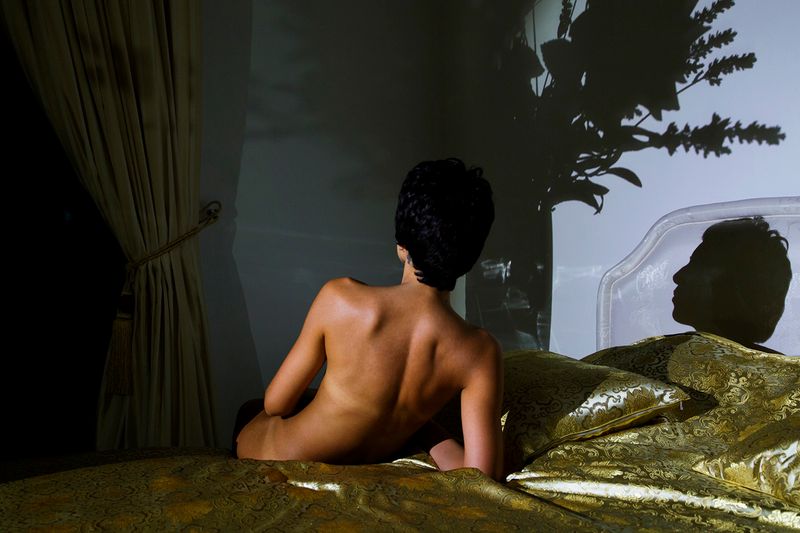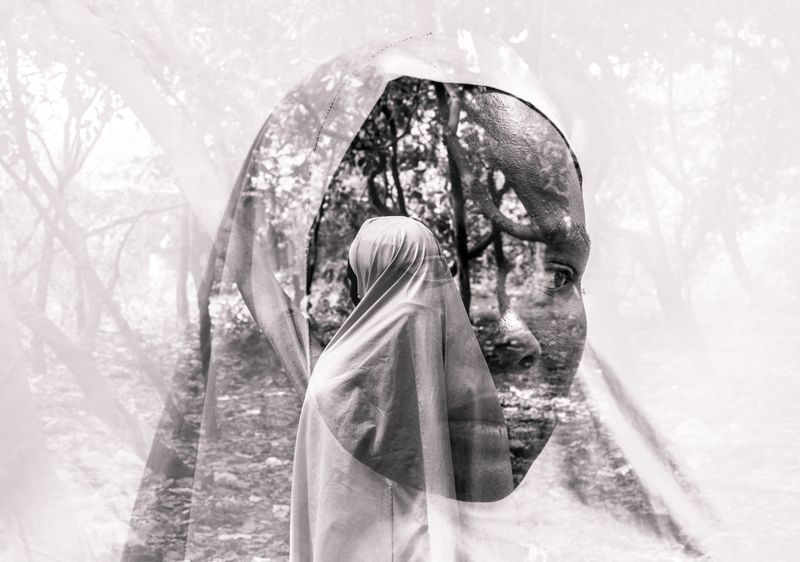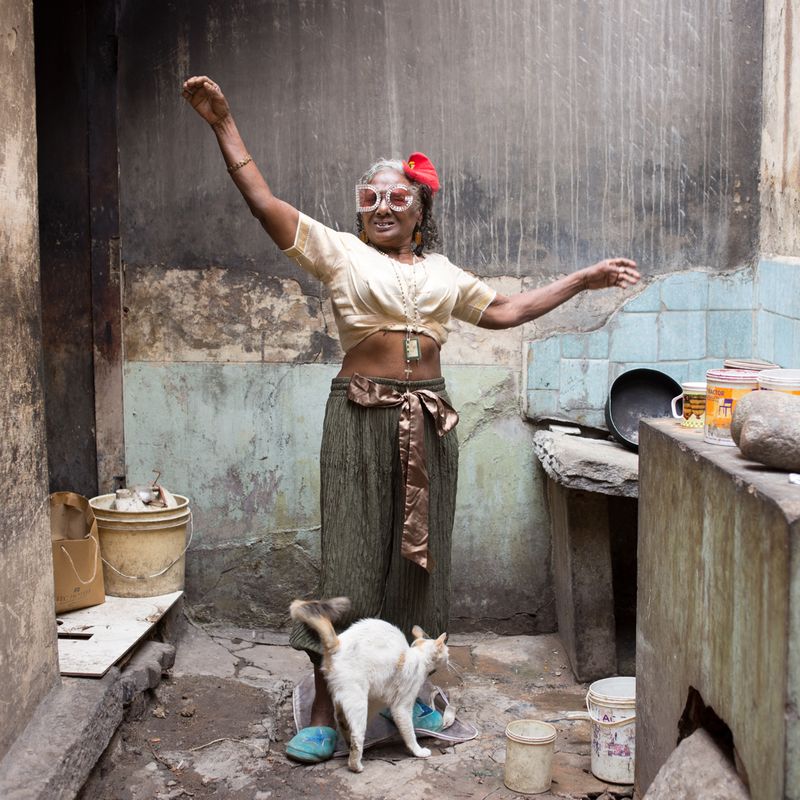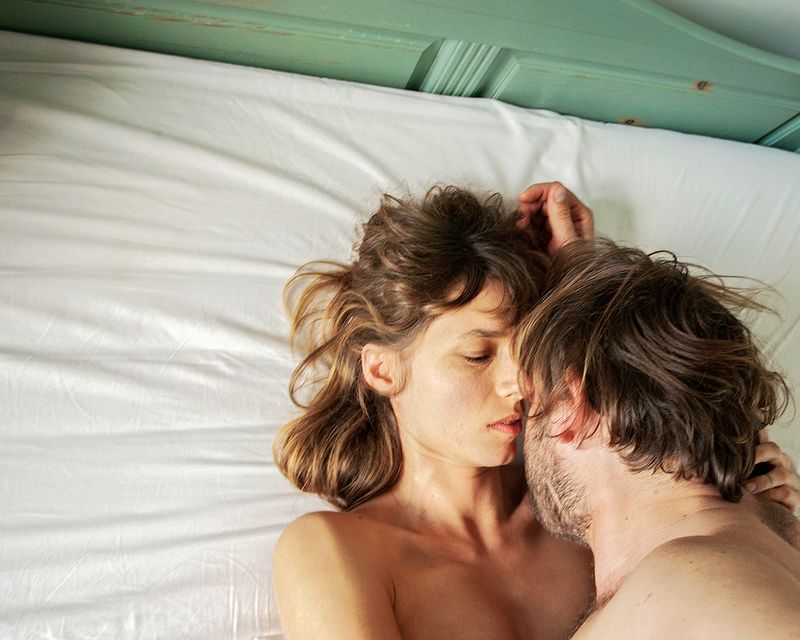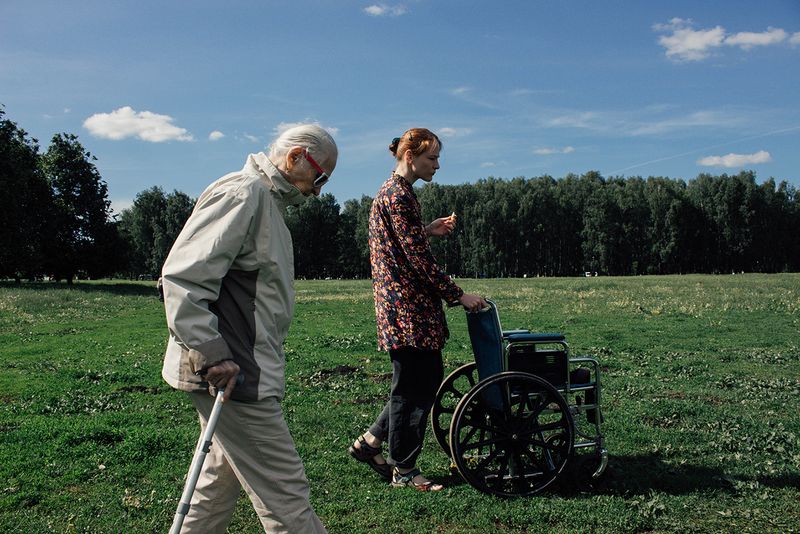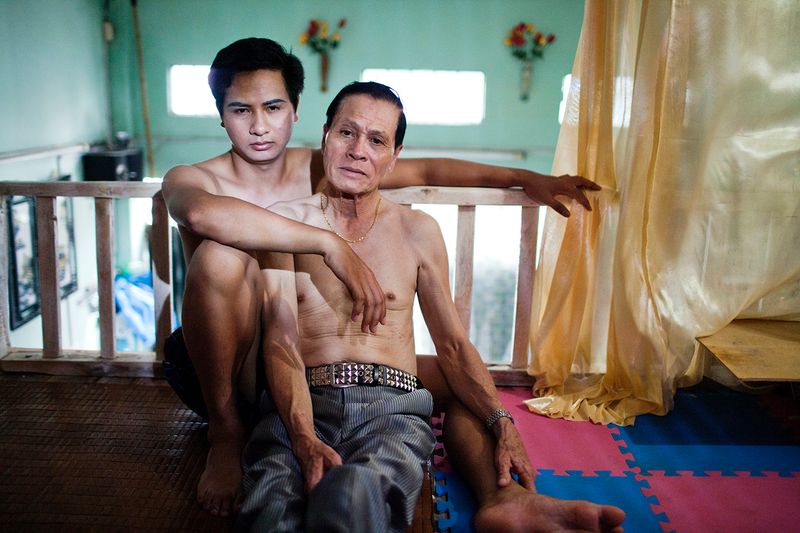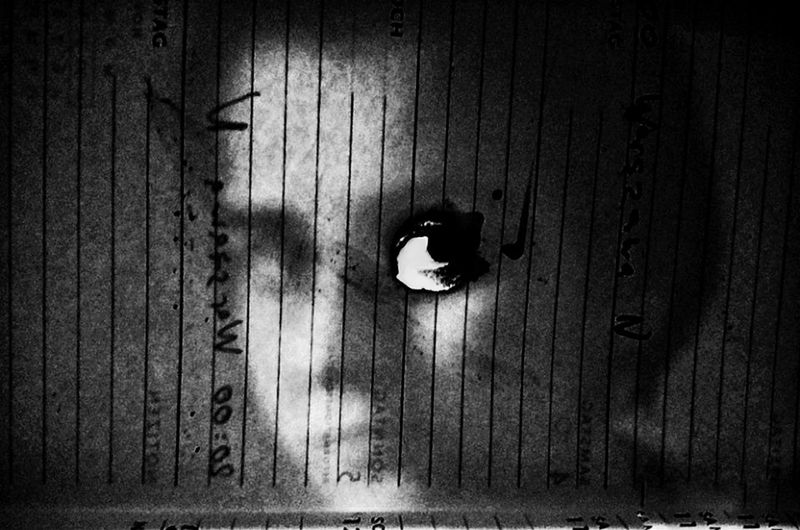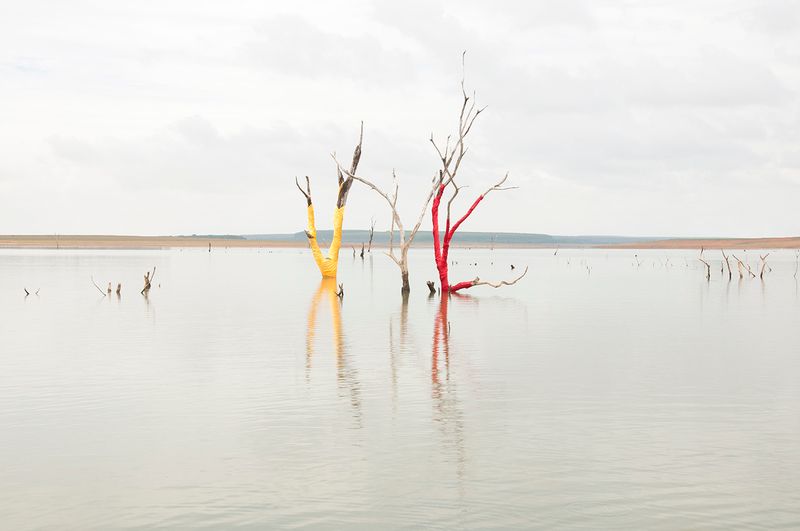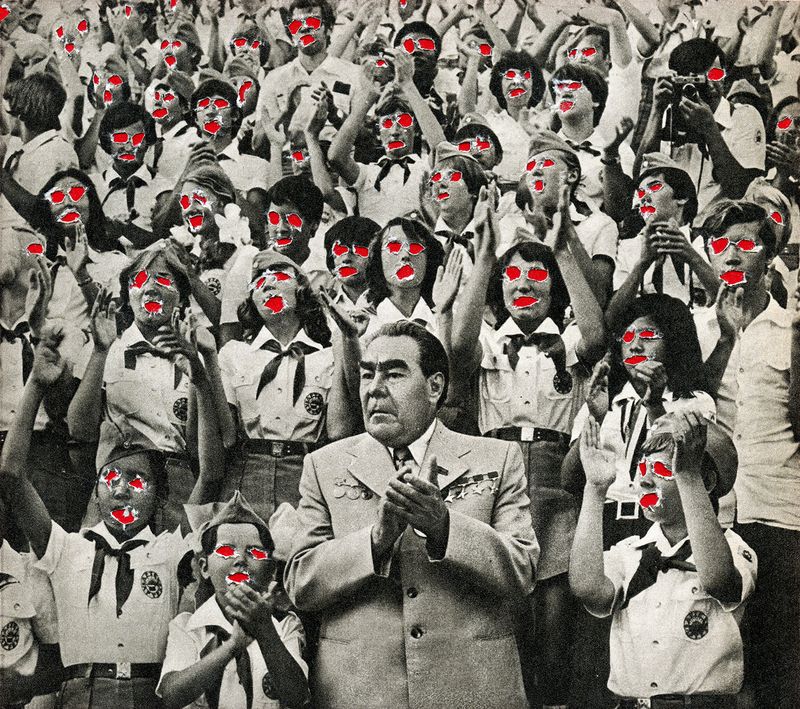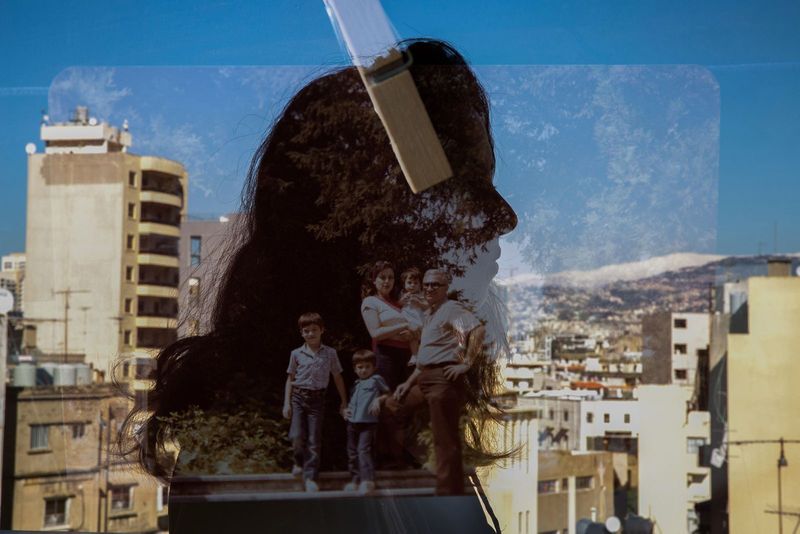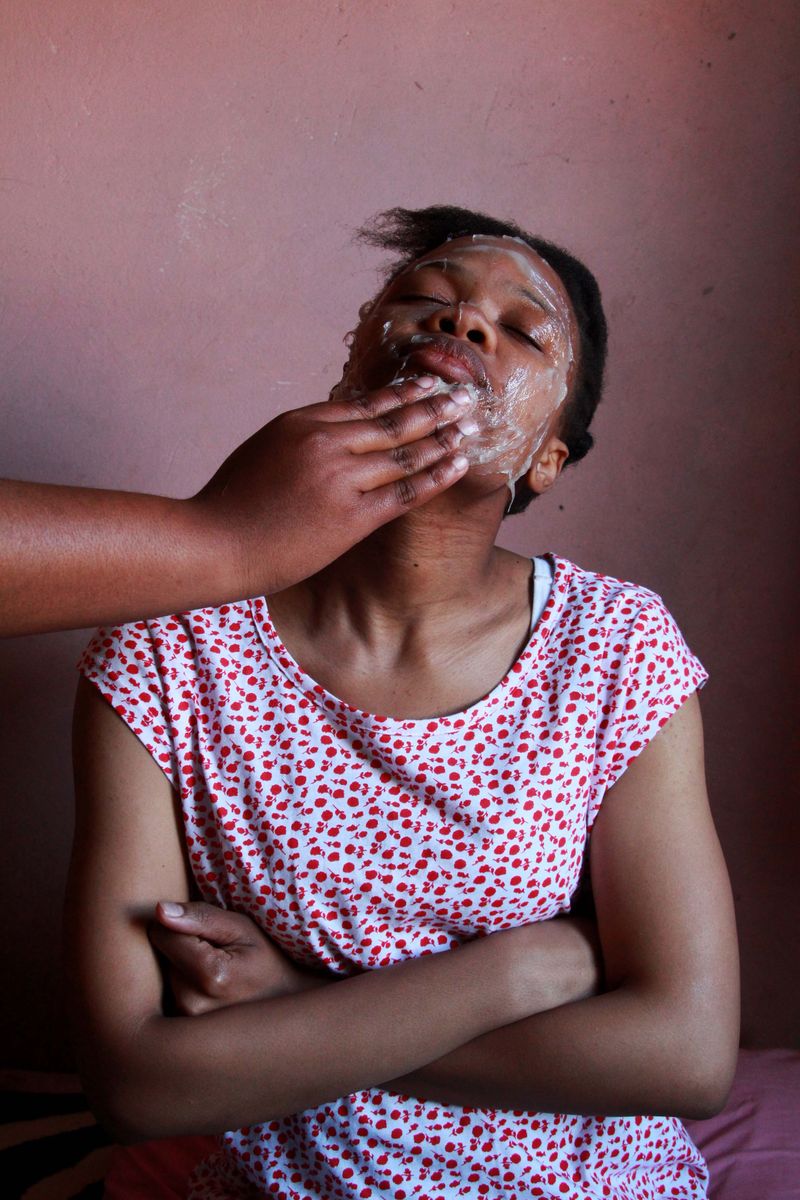12 Women Photographers to Watch in 2021
-
Published8 Mar 2021
-
Author
On the occasion of International Women's Day we celebrate the importance of the female gaze highlighting the work of emerging female artists selected by Fast Forward's Co-Founder Maria Kapajeva.
On the occasion of International Women's Day we celebrate the importance of the female gaze highlighting the work of emerging female artists selected by Fast Forward's Co-Founder Maria Kapajeva.
A long time has passed since that 28 of February 1909, when the first National Women Day was celebrated by the Socialist Party of America in the city of New York. It took several decades until feminist movements first, and the United Nations later adopted it in 1967 and 1977 respectively. Its importance has grown over years and generations and today International Women Day represents a moment to celebrate womanhood and remember relevant social reforms. For us, at PHmuseum the 8th of March is also on occasion to bring ahead the discussion about gender inequality in our industry and share with our community the work of female artists who are challenging the medium and offering their perspective on relevant issues. This year we got in touch with Maria Kapajeva the co-founder of Fast Forward - a research project concerned with women in photography based at University for the Creative Arts (UK) - who recommended us the work of these practitioners.
-
I. Angieszka Sejud (Poland) - The first time I came across Sejud’s work - says Maria - it was via her book Hoax, which was later shortlisted for the Aperture First Photobook Award in 2020. I was excited by her free style in deconstructing and collaging images to address the issues of politics within mass media imagery. Grabbing the attention of the audience with vivid colours and collaged absurdity, Sejud raises questions on difficult to unpack matters such as the oppressions of human rights within the current rhetoric of far-right politicians and the Catholic Church authorities in Poland and beyond.
II. Eman Ali (Oman/Bahrain) - I came across the work by Eman Ali for the first time last year for a take over of Fast Forward Instagram @womeninphoto, which I lead. One of her recent works Utendi is an artistic attempt to look at women’s positions in today’s world with references to histories and text from ancient civilisations. As in her previous work, Her Holeyness, Ali explores a rooted concept of female virginity. She mixes the aesthetics of commercial photography with historical and cultural references while creating new visual narratives to ask uneasy questions.
III. Etinosa Yvonne (Nigeria) - I met Etinosa in 2018 via the Fast Forward mentorship program for West African emerging photographers, supported by British Council West Africa. Since then, her documentary practice has been shaped with clear political and social messaging surrounding injustice and lack of representation of those who have no voice. Her recent work It’s All in My Head is a conceptual project, which brings attention to the voices of survivors of terrorism. In addition, this work opens up a discussion on their coping mechanisms, which they share with the audience. In this project, Yvonne raises important questions surrounding the recovery journey and the struggle these people face as well as addresses the great need for accessible care and support for survivors of terrorism.
IV. Indu Antony (India) - I have known Antony’s work for many years, and I admire what she does as an artist and an activist. Based in Bangalore, she recently initiated a social project Cecilia’ed which aims to bring awareness to ‘safety’ norms in public spaces for women. Her recent self-published artist book Why can’t bra’s have buttons, a beautiful hand-made box of prints, is a collection of object-based memories of the artist, where each object has been sewn by a single strand of the artist’s hair. This book was selected as one of Fast Forward Photobooks of the Year, nominated by Rahaab Allana, Curator at Alkazi Foundation for the Arts.
V. Karolina Ćwik (Poland) - Ćwik is an honest and exciting artist, who talks about motherhood as part of her unavoidable reality, where love and frustration meet on a daily basis. Her recent work Let’s build the virus is a genuine document of what families with children are going through now around the globe while being locked down at homes for nearly a year.
VI. Ksenia Halubovich (Belarus) - Halubovich is one of the brightest photographic voices in the current Belarusian protests. Like many other photographers in the country, despite the threat of arrest, she continues to document the events as they develop. In her earlier works, she focused on various difficult social issues, which are often uneasy to talk about, such as the lives of people in a psychoneurological orphanage or with Alzheimer’s disease.
VII. Maika Elan (Vietnam) - When I look at the images of Elan in her work, The Pink Choice, I see a kind of banality and routine of daily life, to which I can easily relate. This is what I like about her work, there is a beauty in everydayness. It is important to see underrepresented members of our society not just in dramatic fights for their rights, but also as people who have the same problems, feelings and needs as any other people. This kind of work is about the empathy of one human toward another, which we really need more than ever nowadays.
VIII. Mano Svanidze (Georgia) - Svanidze’s language is rather intimate, one full of scratches and dust left on the films she photographs with. She uses photography as her way to talk about personal fears and doubts, invisible struggles of her own and others, who are forcefully marginalised. Her two most recent works Dormiveglia and Feeling blue address a current state of uncertainty escalated by the global pandemic.
IX. Marilene Ribeiro (Brazil) - Ribeiro recently received her PhD from University for the Creative Arts where she developed her most recent body of work Dead Water. The work includes brave and complex research on hydroelectrical processes in Brazil. Working collaboratively with members from traditional communities, Ribeiro gives voices to those whose lives were drastically affected by the construction of dams in rural areas.
X. Masha Svyatogor (Belarus) - Svyatogor works in collages using official Soviet archival images, referencing Constructivist aesthetics with a contemporary twist. Within the recent protests, led by incredible women in Belarus, her work links together the Soviet past of the country with the current regime and protests against it. I can see how her work can be easily used as posters at these protests, as well as exhibiting pieces in a gallery space.
XI. Nadine Al Koudsi ( Emirates) - The work Those Who Dance on the Staircase by Al Koudsi is a wonderful attempt to talk about the nostalgia of Syrians who live in Lebanon. This work is tightly interwoven with the complexities of their migration reality. People, who were forced to move out from their home country, often are pictured as just victims of the consequences. But in Al Koudsi’s work, we see a rather complex mosaic of various voices, stories, portraits and places, which creates a powerful tool for feeling empathy for someone who you do not know but can relate to.
XII. Thandiwe Msebenzi (South Africa) - I came across the work Phantsi kwebhedu ka Gogo by Msebenzi a couple of years ago and I was happy to include the incredibly powerful story behind this work in my ongoing online curatorial project One Image Story. The more recent work Qgwashu Qgwashulooks at the complexity of violent masculinity as the rooted culture in our society. Msebenzi is definitely a strong voice in South African photography, who raises uneasy questions and provokes discussion about difficult matters such as domestic violence, rape and sexual harassment.
---
Maria Kapajeva is an artist, who works between Estonia and London. Her work often highlights peripheral histories, focusing on the representation of women. Her recent book Dream is Wonderful, Yet Unclear was published by Milda Books in 2020. Her solo exhibition When The World Blows Up, I Hope To Go Down Dancing is currently up at the Finnish Museum of Photography. Together with her practice, Kapajeva works as Project Manager and Researcher for Fast Forward: Women in Photography project.
Fast Forward is a research project concerned with women in photography based at University for the Creative Arts. Started in 2014, the project has established significance within the world of photography for highlighting the work of women photographers and for questioning the way that the established canons have been formed.
Fast Forward is designed to promote and engage with women in photography across the globe. We intend to provoke new debate and ensure that we are in the news and in the history books. There are millions of women in the world of photography and now is the time to arrest the process of forgetting that so frequently erases women from the burgeoning histories of photography and sheds light on new ways of thinking, showing, discussing, and distributing our work.
---
This article is part of the work we have started in the last few years to support gender equality and promote underrepresented photographers. A work that has included initiatives such as the WP Grant, or online exhibitions in partnership with IWMF or MFON.
We're always working to improve our knowledge of projects from under-represented photographers in the industry. If you are a photographer or artist please do create a free PHmuseum account and upload your projects. You can also get in touch with us at info@phmuseum.com
